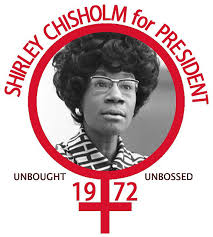
The Liebert Cassidy Whitmore Film Series on “The Role of Law in American Society” continues at the Center on March 3rd with showings of Crime After Crime at 6pm and 7:45pm. Admission is free, but seating is limited.
In honor of Women’s History Month, the Center is screening the story of the battle to free Debbie Peagler, an incarcerated survivor of brutal domestic violence. Debbie was wrongly convicted of the murder of her abusive boyfriend, and sentenced to 25 years to life in prison. Despite spending over 26 years in prison, and the injustices she has experienced, first at the hands of a duplicitous boyfriend who beat her and forced her into prostitution, and later by prosecutors who cornered her into a life behind bars for her connection to the murder of her abuser, the spirit of this determined woman cannot be crushed.
Debbie’s story takes an unexpected turn when Nadia Costa and Joshua Safran, a pair of rookie land-use attorneys, struggle to obtain justice for her, and attract global attention to the troubled intersection of domestic violence and criminal justice.
The Riverside Community College District would like to thank the law firm of Liebert Cassidy Whitmore for their generous sponsorship of this series.
This post was written by student worker Cynthia Mosley.

















